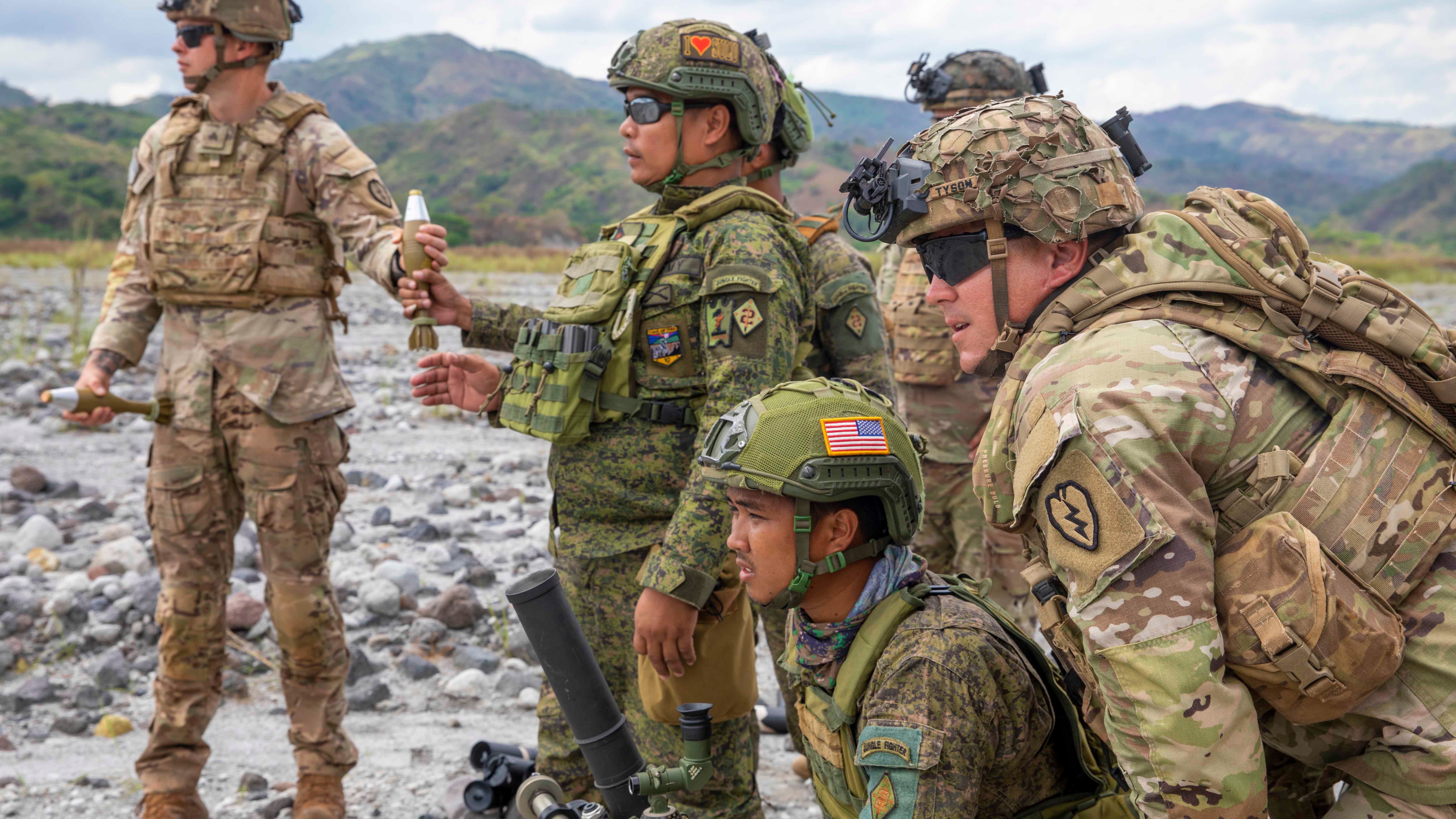Army Growing Relationships in Indo-Pacific
Army Growing Relationships in Indo-Pacific

The Army is increasing its presence and partnerships in the Indo-Pacific as the U.S. works to compete with and deter China, the commander of U.S. Army Pacific said.
Speaking at the recent Maneuver Warfighter Conference at Fort Benning, Georgia, Gen. Charles Flynn said the Army must spend more time with its partners and allies, learning and training in the tough environments found in the vast, diverse region.
“We have to be forward and operating, we have to be moving dynamically, we have to be unpredictable,” Flynn said, adding that the “great counterweight” to the destabilizing activities in the region is “land power and our allies and partners.”
As the U.S. competes with China, which senior defense officials have called America’s “pacing challenge,” the Army must find a balance. “If you have too much [activity], you may inflame something,” Flynn said. “If you have too little, then you can’t deter. So, identifying the right balance is important.”
Ultimately, the goal is avoiding conflict or war, Flynn said.
“Winning out here is no war,” he said. “That would be where we want to be.”
To achieve that goal, the Army is seeking to grow its relationships with partners and allies. This includes taking some bilateral exercises, such as Garuda Shield, an army-to-army bilateral exercise with Indonesia for nearly four decades, and evolving them into multilateral events, Flynn said.
“We want to remain the security partner of choice, and it’s going to take a lot of hard work every day out here to retain that,” he said.
Army Pacific also is building a training center in the Pacific, Flynn said. Called the Joint Pacific Multinational Readiness Center, the exportable training center will be based in Hawaii and have a hub in Alaska, he said. It also can be moved and deployed into the Indo-Pacific, Flynn said. Last year, the Army took it to train in Indonesia.
The center will enable soldiers to focus on high-altitude, extreme cold-weather training, as well as “extremely difficult” jungle operations, Flynn said.
“We want to be operating, training, researching and improving in those conditions and those environments because that’s exactly what’s representative in the region,” Flynn said.

